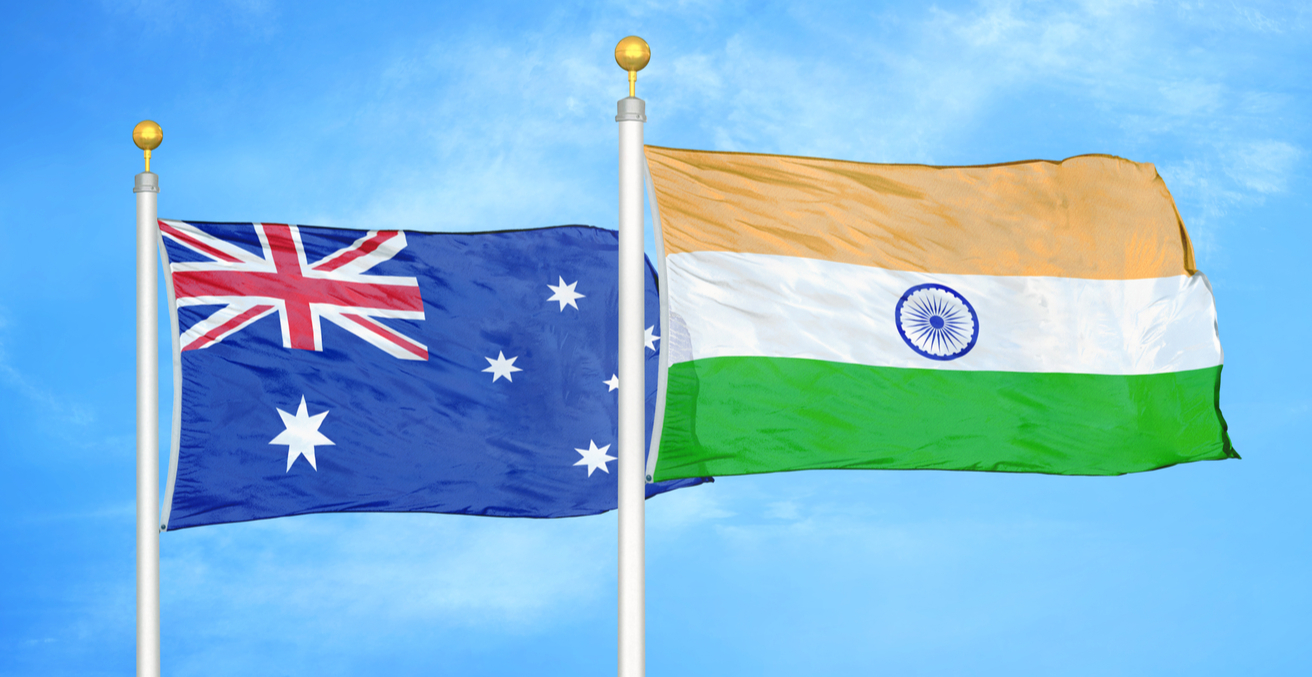
In 2020, four Indian intelligence officers were discreetly asked to leave Australia, according to an investigative report by Australia’s national broadcaster ABC. Published on June 16, 2024, the report, titled ‘Infiltrating Australia,’ alleges that the Indian state’s reach into Australia threatens national security.
The expelled Indian intelligence officers were reportedly attempting to gain access to sensitive defense technology and airport security protocols. They were also suspected of targeting Australian politicians and monitoring the Indian-Australian community. This incident unfolded against the backdrop of burgeoning political and economic ties between Australia and India, including defense cooperation aimed at countering China’s growing influence in the region.
ABC’s investigation found that at least four intelligence officers, some allegedly working as diplomats, were quietly expelled from Australia. These expulsions were not publicly announced, maintaining a low-profile response to a potentially explosive situation. Australian Senator David Shoebridge suggested that a public response from Australia might have strengthened ties with both India and the Indian-Australian community.
Other sources indicated that this incident could place India alongside countries like Russia and China, known for their extensive intelligence activities abroad. The report noted that since Indian Prime Minister Narendra Modi came to power in 2014, India’s intelligence operations have significantly increased. The Indian diaspora is also reportedly monitored and targeted under the pretext of defending the country from separatist groups, which the Modi administration has labeled as terrorists. The public exposure of India as the country behind a “nest of spies” expelled from Australia in 2020 sends a crucial message to a rising power that has engaged in other alarming provocations. Last week, it was revealed that Australia’s spy agency had uncovered secret surveillance of the Sikh community and expelled two Indian operatives from the country in 2020. SBS News confirmed with intelligence operatives that the spies were operating for the Indian foreign intelligence service.
India’s spying operation was first reported in 2021 by Australian Security Intelligence Organisation (ASIO) chief Mike Burgess, who mentioned that a “nest of spies” had developed targeted relationships with current and former politicians, a foreign embassy, and a state police service throughout 2020. At the time, he did not reveal the country involved. The Washington Post later identified India as the country in question.
White House spokesperson Karine Jean-Pierre told reporters, “We’re taking that very, very seriously. The government of India has been very clear with us that they are taking this seriously and will investigate. And we expect that accountability from the government based on that.” This incident follows Canadian Prime Minister Justin Trudeau’s public accusation that India was involved in the killing of Canadian citizen and Sikh advocate Hardeep Singh Nijjar last year. India has denied the accusation. Three men were charged over Nijjar’s death, with authorities investigating any ties to the Indian government.
Stoltz said Nijjar’s assassination caused significant alarm among Western intelligence officials and foreign affairs observers. “That shocked a lot of Western intelligence officials and foreign affairs observers — that India would do something as brazen as going to a friendly nation like Canada and a Commonwealth nation as well — and assassinate a dissident on Canadian soil.”
The recent media reporting could be a way of publicly deterring India from further escalation against its “friends and partners” amid the greater challenge of China’s threatening behavior in the region. Stoltz added, “This reporting is a signal from these governments to say ‘we see what you’re doing and we want you to stop.'”
Griffith University professor of international relations Ian Hall explained that Australia’s Indian diaspora is dominated by Sikhs and others from the Punjab region. Punjabi was the fastest-growing language in Australia between 2016 and 2021, increasing by 80 percent, according to the Census. Around 210,000 people in Australia identified their religion as Sikhism in 2021, a number that has almost tripled since 2011. The Sovereign Sikh Society president, Samar Kohli, said that reports of Indian government spying on Sikhs in Australia did not come as a surprise. “This has been happening internationally for a very long time,” Kohli told SBS News. “Even in Sydney, we kind of felt that this is happening, and we did inform authorities … I guess the authorities did take it seriously.”
Last year, ASIO spoke with Kohli just before a referendum on Khalistan was due to be held in Sydney. At a voting event held in Melbourne months earlier, Khalistan supporters and others carrying Indian flags clashed. “They just wanted to know how we feel, do we feel threatened? Or what’s the vibe within the community?” Kohli said.
Stoltz believes the Sikh community and other diasporas in Australia have “good reason” to be concerned about being targeted, especially as technology makes it easier to surveil and harass diaspora communities. “The ability to monitor people’s social media, to target their devices, to breach their cybersecurity — this allows for agencies to target a wider range of people, and at a pretty low cost,” he said. “It’s not an unrealistic thing for diaspora communities to be concerned about this behavior,” Stoltz added. Surveillance of those in the Chinese, Persian, African, and Myanmar communities has also been documented.
Stoltz emphasized that while most nations spy on other countries, it becomes problematic when they send intelligence officers overseas without declaring it to the host nation. “Spying can include banal activities such as trying to extract information by building relationships with businesspeople, local community groups, and university students,” Stoltz said. “But the behavior can escalate to threats and blackmail.” For diaspora communities in Australia, Stoltz’s message is clear: “We don’t want new Australians to be harassed and curtailed in the freedoms they should have as Australians because of that diaspora relationship to another country.”
